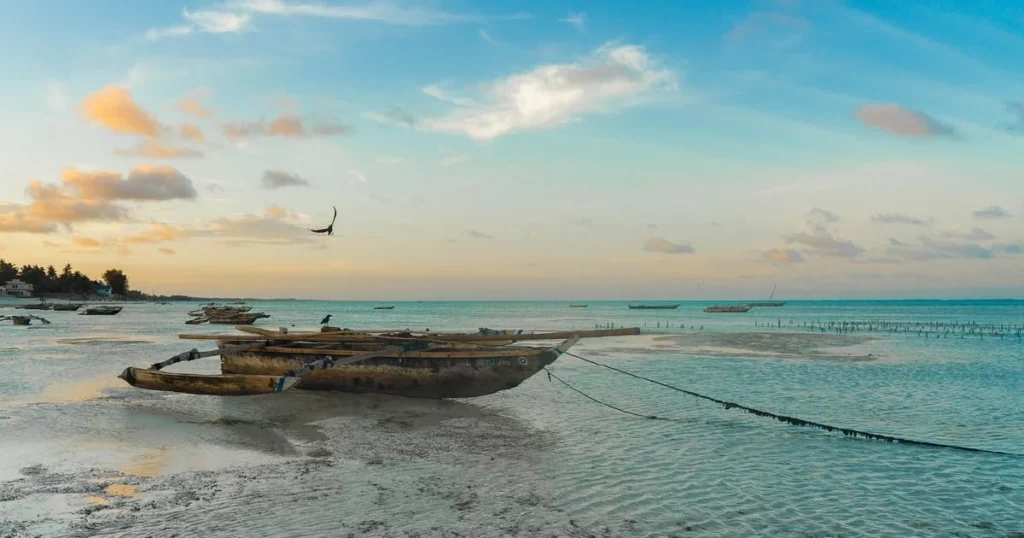Zanzibar’s Deadly Delicacy: A Tragic Tale of Turtle Meat
In a heart-wrenching turn of events on Pemba Island, Zanzibar, a community’s culinary tradition turned tragic, claiming the lives of eight children and an adult, while sending 78 others to hospital beds. The culprit? A seemingly innocuous delicacy – sea turtle meat.
Chelonitoxism: A Deadly Feast
The recent incident shines a stark light on chelonitoxism, a rare but deadly form of food poisoning linked to sea turtle consumption. Despite its known risks, the meat remains a sought-after dish in Zanzibar, leading to periodic outbreaks of illness.
The tragedy unfolded after families gathered to partake in the local delicacy, unaware of the impending disaster. Among the victims was a mother, mourning the loss of her child, only to succumb to the same fate. The community now grapples with grief and questions about a tradition that has been passed down through generations.
Authorities Respond
In response, Zanzibar’s authorities dispatched a disaster management team, urging residents to refrain from consuming sea turtle meat. This isn’t the first time the region has faced such a calamity; a similar event in November 2021 saw seven fatalities, including a three-year-old child.
As the island mourns, the incident serves as a grim reminder of the dangers lurking in traditional practices and the need for public education on food safety. The debate over cultural heritage versus public health safety continues, with hopes that this tragedy can spark a change in dietary habits.
As Zanzibar navigates this delicate balance, the world watches, reminded of the complex relationship between tradition and modernity. Will this event mark a turning point for Pemba Island, or will the allure of sea turtle meat persist, shadowed by the specter of chelonitoxism?






